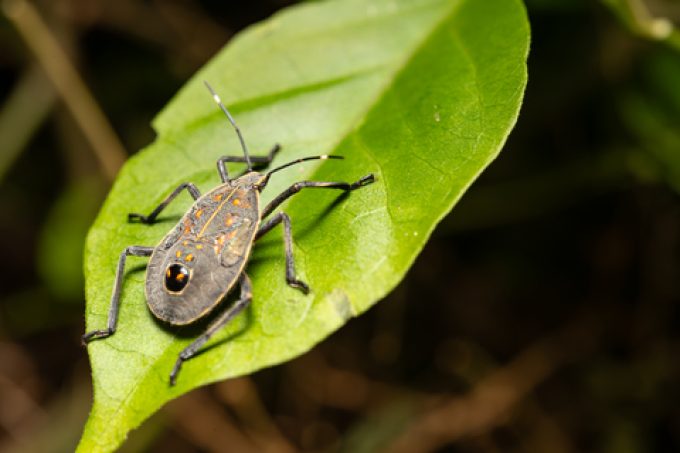Fly Australia? Still SNAFU in the Chairman's Lounge
Down Under air travel in a mess
FDX: ABOUT USPS PRIVATISATIONFDX: CCO VIEWFDX: LOWER GUIDANCE FDX: DISRUPTING AIR FREIGHTFDX: FOCUS ON KEY VERTICALFDX: LTL OUTLOOKGXO: NEW LOW LINE: NEW LOW FDX: INDUSTRIAL WOESFDX: HEALTH CHECKFDX: TRADING UPDATEWMT: GREEN WOESFDX: FREIGHT BREAK-UPFDX: WAITING FOR THE SPINHON: BREAK-UP ALLUREDSV: BREACHING SUPPORTVW: BOLT-ON DEALAMZN: TOP PICK
FDX: ABOUT USPS PRIVATISATIONFDX: CCO VIEWFDX: LOWER GUIDANCE FDX: DISRUPTING AIR FREIGHTFDX: FOCUS ON KEY VERTICALFDX: LTL OUTLOOKGXO: NEW LOW LINE: NEW LOW FDX: INDUSTRIAL WOESFDX: HEALTH CHECKFDX: TRADING UPDATEWMT: GREEN WOESFDX: FREIGHT BREAK-UPFDX: WAITING FOR THE SPINHON: BREAK-UP ALLUREDSV: BREACHING SUPPORTVW: BOLT-ON DEALAMZN: TOP PICK

Australia’s department of Agriculture, Fisheries and Forestry (DAFF) has said that the 2024-25 BMSB [Brown Marmorated Stink Bug] seasonal measures will apply to vessels from “high risk countries”, on shipments to Australia and New Zealand.
According to Maersk, the BMSB is “a significant threat”, and it poses a serious risk to the countries’ agricultural sectors.
Indeed, the critter ranked 9th on Australia’s National Priority Plant Pests list and feeds on some 300 plant species, causing severe damage to fruit and vegetable crops.
The risk season measures will apply to targeted goods manufactured in, and shipped from, target risk countries, including vessels that berth at, load or transship from them between 1 September 2024 and 30 April 2025.
The Danish carrier noted that risk countries include Germany, Canada, the US and France, among 35 others largely across Europe.
Further, China and the United Kingdom have been identified as emerging BMSB risk countries, and Maersk warned that goods from these countries may be randomly selected for onshore inspection.
According to DAFF, “target high risk goods” fall under specific tariff classifications and require mandatory treatment to mitigate BMSB risks. These include wood products, textiles, glassware, iron and steel and aircraft parts, among many others.
‘AusTreat’, a pre-border biosecurity treatment provider, is the new treatment scheme that all offshore providers must comply with for the 2024-25 season.
This could include heat treatment, methyl bromide fumigation or sulfuryl fluoride fumigation.
Whereas “target risk goods”, including fuels, chemicals, plastics and paper, among others, do not require mandatory treatment, but will be subject to increased onshore inspections through random checks.
Maersk warned that untreated containers could be “directed for export and treated offshore”.
“It is the responsibility of the shipper/ consignee to ensure that their cargo meets all BMSB requirements,” it said.
In Australia and NZ, all open tops, flat racks, and OOG cargo that fails to comply with BMSB measures will be retained on board, returned to the origin or sent for transhipment and fumigation.
All associated costs of which “will be borne by the customer”, said Maersk.
Furthermore, all shipments from Italy require treatment before arrival in New Zealand “despite commodity and container type” as it has “large BMSB populations and increased associated risk”.
DAFF has said it will continuously review these measures and may adjust them as needed during the season “based on BMSB detections”.
Listen to this week’s News in Brief for a sub-15 minute recap of last week’s supply-chain news!
Comment on this article